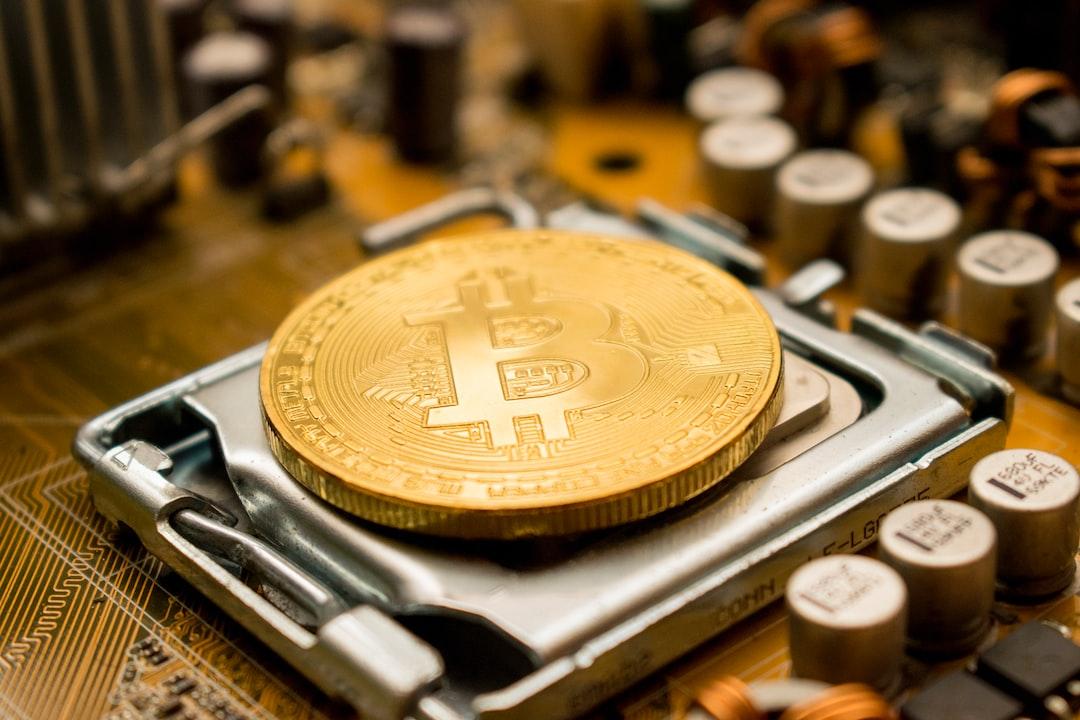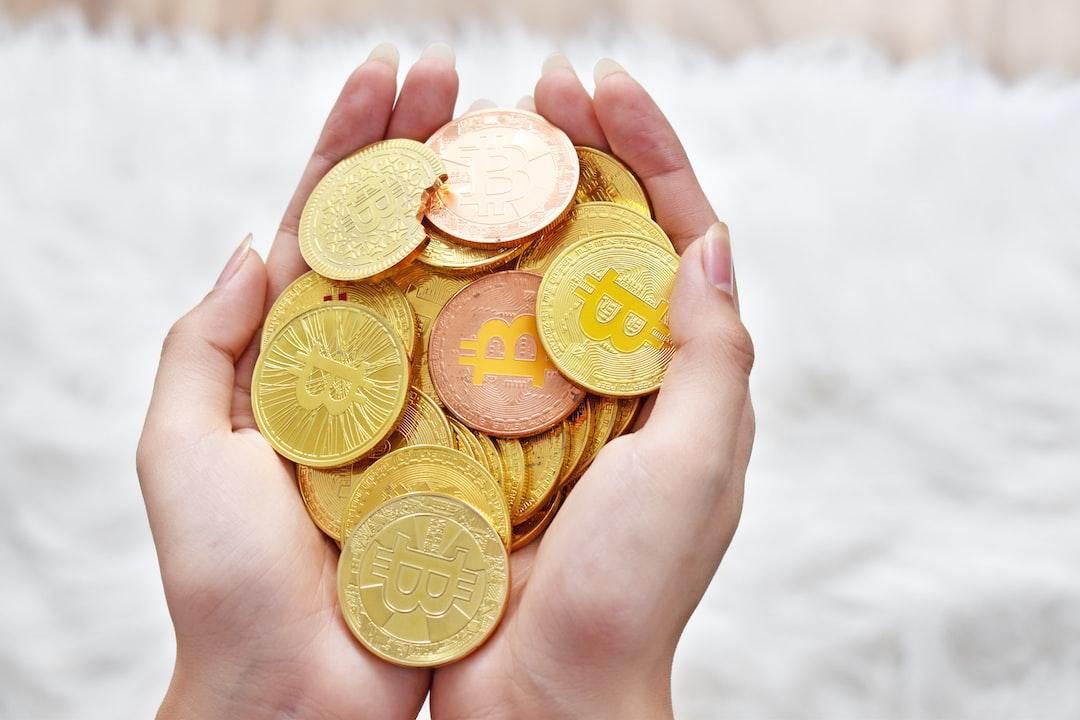Taiwan’s Two Major Financial Institutions Suspend Virtual Currency Platform Account Transfers
Recently, Taiwan’s two major financial institutions, Chunghwa Post and the Federal Bank, announced the suspension of agreed transfers for virtual currency platform accounts. While this move strengthens measures against fraud, it has also caused inconvenience for users.
(Previous context: Not just Federal! Various banks consider “blocking deposits and withdrawals at exchanges.” How is cryptocurrency played in Taiwan?)
(Background information: Six key points from the public hearing on Taiwan’s cryptocurrency legislation “Virtual Asset Service Act”: Unlicensed operators involved in fraud will face harsher penalties!)
Federal Bank’s Announcement
On June 5, Taiwan’s Federal Bank announced that it will suspend the acceptance of agreed transfer services for virtual currency platform deposit accounts, and will completely stop the agreed transfer function for related accounts starting August 11. Chunghwa Post, on the other hand, had terminated the agreed transfer for related accounts as early as May 28.
High Proportion of Warning Accounts
Recently, Federal Bank’s General Manager Hsu Wei-wen revealed the reasons behind this decision:
According to internal statistics from Federal Bank, the proportion of accounts that have set up agreed transfers for virtual currency platform deposit accounts that have evolved into warning accounts is as high as 20% to 30%. This is the primary reason for Federal Bank’s decision to suspend this service.
Hsu stated that the most challenging fraud cases to investigate currently involve virtual currencies, such as Bitcoin and USDT, as tracing funds becomes exceedingly difficult once they are transferred abroad.
Regarding complaints from community users about the inconvenience of this experience, Hsu responded that as long as they are Federal Bank customers, those who bind their MaiCoin foreign currency deposit accounts and confirm their identities can still apply for agreed transfers.
Additionally, non-agreed transfers can still be conducted, although the amount has been significantly reduced. Users wishing to make large remittances will need to process them in advance.
Legislation Progressing Amidst Reality Deteriorating
The Financial Supervisory Commission is advancing the draft of the Virtual Asset Service Act, while the Central Bank simultaneously calls for stronger management of stablecoins. Operators of exchanges and banks primarily engaged in stablecoin business are making simultaneous progress; however, banks are cutting off financial connections with cryptocurrency exchanges to “prevent fraud,” making it even harder for exchanges to conduct business.
Further reading: Six key points from the public hearing on Taiwan’s cryptocurrency legislation “Virtual Asset Service Act”: Unlicensed operators involved in fraud will face harsher penalties!
Banks are in a difficult position, unable to exceed warning account indicators. They have found that the proportion of warning accounts involved in financial transactions with cryptocurrency exchanges is too high, and to avoid increasing internal costs and warnings from the Financial Supervisory Commission, banks have the autonomy to block agreed accounts with exchanges.
However, this reality is causing concern for exchanges and any crypto startups involved in financial services: banks consider shutting down liquidity connections as a means to prevent financial flows; the core issue of combating fraud weighs heavily on their minds, resulting in a slow strangulation of cryptocurrency services.
I can’t help but feel a sense of foreboding: Will banks absorb all local cryptocurrency services? Banks can issue stablecoins, can custody cryptocurrencies, and in the future may also launch cryptocurrency trading services; won’t existing crypto operators find it increasingly difficult?
The outline of cooperation between cryptocurrency financial flows and traditional finance seems unclear before the third reading of the legislation. Perhaps foreign investment will determine whether Taiwan’s cryptocurrency sector moves toward global liquidity or remains trapped in a closed sandbox with low-risk financial flows.

Related Reports
Taiwan Semiconductor Manufacturing Company’s first batch of wafers shipped from Arizona! NVIDIA’s AI chips need to return to “Taiwan for packaging.”
Taiwan’s meme coins accelerate their expansion: Gold paper currency JMONEY listed on Pionex and Ourbit, launching on HiBT on June 14.
U.S. Chamber of Commerce white paper warns “Taiwan is facing power shortages”: Unstable energy supply threatens semiconductor AI development.


